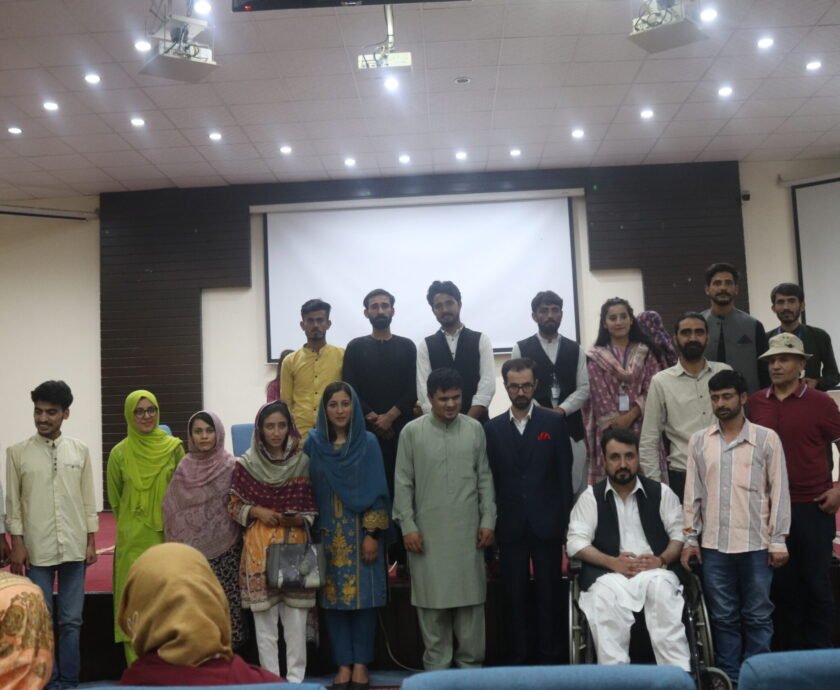In previous articles, we discussed the effects, impacts, and solutions in detail. Now, I want to address a subject that delves into the psychological challenges faced by persons with disabilities. If we move persons with disabilities as objects and psychological challenges as subject, we can narrate a different story from the ableist viewpoint.
1837 to 1947 to 2017
This timeframe offers a critical lens through which to examine societal attitudes. The year 1837 marked the beginning of significant upheaval in British India, setting the stage for rebellion against colonial rule. Despite the passage of time, the psychological scars of colonialism linger, particularly in how we perceive and treat disabled individuals. Our colonial mindset, shaped by hierarchical structures and discriminatory norms, remains largely unchanged.
From the institutionalisation of disabled people during the British Raj to the continued marginalisation in post-colonial societies, the narrative around disability has often been one of exclusion and paternalism. Paternalism is a significant factor in Pakistan, but it has not shifted how we react to disabled people. It is like Katherine’s Mayo book of the Women of India, where she bragged that the Indian woman is inferior to the white man. Mayo’s book could be seen as a way of internalising how we feel about the disabled using the same terminology as the lame, dumb, deaf, blind in Pakistan even today.
The laws even remind disabled people of a colonial empire behest to work to serve the Raj not the people



